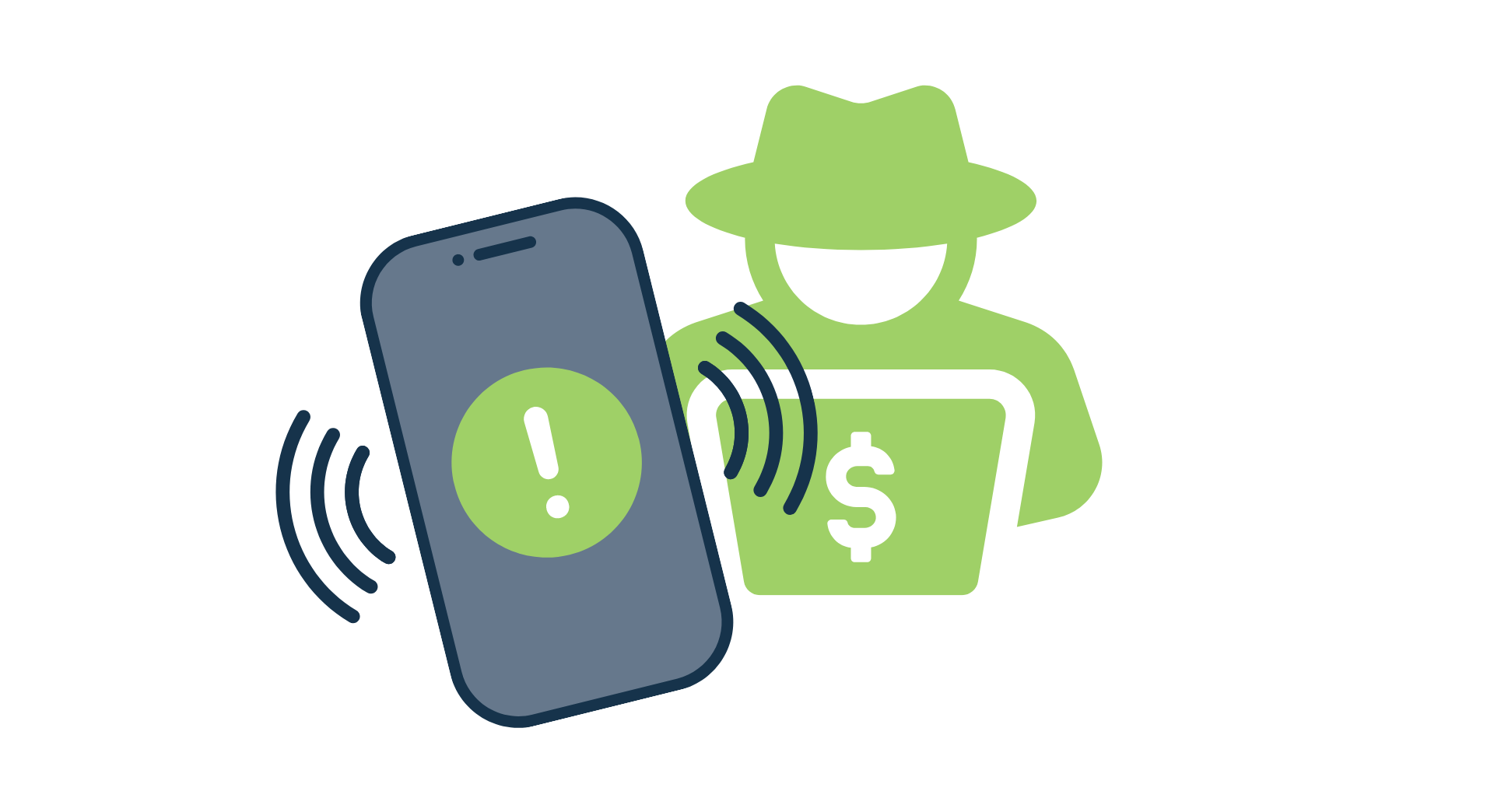SMSF's Seminar and Superannuation Division 296 Update
We recently hosted an insightful seminar on Self-Managed Super Funds (SMSFs), where valuable knowledge was shared by our expert presenters. The session covered everything from SMSF setup to compliance, and we were thrilled by the positive feedback from attendees who left with a deeper understanding of managing their own super. Thank you to our presenters for delivering such a comprehensive session! If you missed out, stay tuned for our upcoming events – we’ve got more great learning opportunities lined up for 2025.
As part of our commitment to keeping you informed about important changes in superannuation, we wanted to share an update on the proposed Division 296 tax. This potential new tax will apply to individuals with superannuation balances exceeding $3 million at the end of the financial year (starting with 30 June 2026 for its first year).
Key Insights on Division 296
If enacted, Division 296 will introduce an additional tax, separate from existing fund and personal taxes. Here’s a quick summary of how it will work:
- Who Is Affected?
Division 296 will apply only to individuals with superannuation balances over $3 million at the end of the financial year.
- How Will It Be Calculated?
The tax will be calculated as 15% of a specific proportion of superannuation earnings (Please note that terms are still being clarified).
- Personal Tax, Not Fund Tax
Unlike current super taxes, Division 296 is a personal tax, issued to the individual (or their tax agent) rather than the super fund. Individuals will have 84 days to pay the tax and can choose to pay it personally or have the amount released from their super fund.
We understand this new tax may add complexity to your superannuation planning. Our team is here to help clarify how Division 296 might impact you and discuss strategies to manage this change effectively.
If you’d like to discuss Division 296 in more detail and how it may affect your retirement strategy, we encourage you to make an appointment with one of our advisors. Contact Toni Wright on (03) 5571 0111.
We’re here to provide guidance and support to help you navigate these changes with confidence.



Address
44 Gray Street
Hamilton Vic 3300
Call Us
Mail Us
 Brentnalls
Brentnalls
 Xero Platinum
Xero Platinum
 CA
CA
 Figured
Figured
 MYOB
MYOB
 Tax Prac
Tax Prac
Liability limited by a scheme approved under Professional Standards Legislation.
